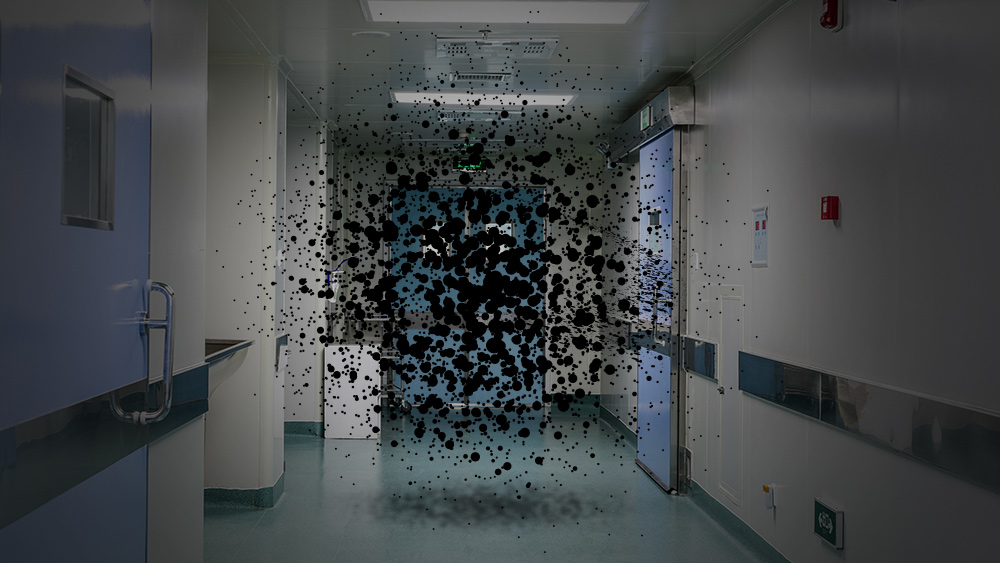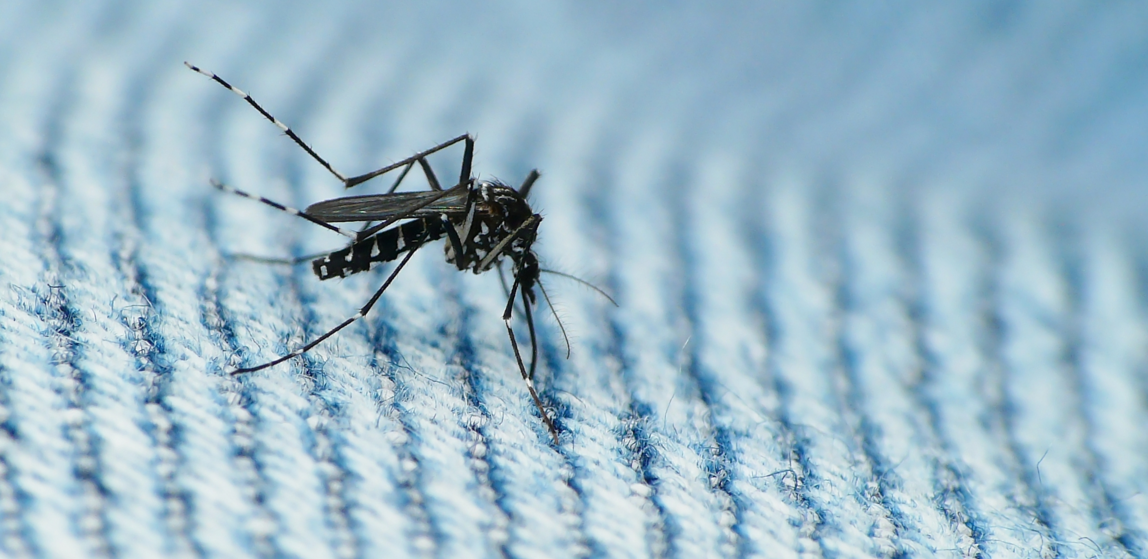Maintaining survival sanitation when you bug IN
03/10/2018 / By Jayson Veley

One of the very first decisions every prepper has to make is whether to pack up his or her supplies and bug out or stay put and turn their own homestead into a survival post. Some factors that may compel preppers to choose the latter include the ability to create an underground bunker, a self-contained garden, an animal food system, and whether or not you have elderly, younger, disabled or injured family members in your group.
Whatever the reason, if you choose to bug in rather than bug out, you had better make sure you are prepared and equipped to deal with the day to day sanitation issues that you will inevitably run into. To give just one example, the average person produces up to three pints of urine each day and a pound of poop on top of that, meaning human waste is going to build up at an extremely rapid rate. If you don’t know how to properly dispose of that waste, then you will literally be putting your own life and the lives of your fellow survivalists in jeopardy. (Related: Here are five ways you can protect your health when SHTF.)
Obviously, even if you bury human waste, it can still have a severe effect on water quality. In order to minimize the chances that this will happen, you should bury the human waste at least six to eight feet deep and a minimum of 200 feet away from water. It’s worth noting, however, that there are also quite a few uses for urine, so you may want to consider collecting it in some kind of a container and storing it away from any solid waste. Some of the things that urine can be used for are listed below:
- Fertilizer – Due to the fact that urine is rich in phosphorus, potassium and nitrogen, it makes a great fertilizer.
- Dental care – it may sound gross, but the Romans actually used urine to cure bleeding gums and gingivitis
- Cleansing multi-agent – After urine is stored for a few days, ammonia begins to develop, which can then be used as a cleaning product to kill mildew and mold
- Tanning and curing leather – Urea and enzymes soften leather, making it a great product to use in the tanning and curing process
Also, as noted by Fox News in an article back in 2013, urine can also be used to make gunpowder. “Charcoal and sulfur used in small quantities to make gunpowder are easily found. But the main ingredient, potassium nitrate was only made available on a large-scale in the early 1900’s. Until then, gunpowder manufacturers used the nitrogen found in urine to make their product,” the article explained. (Related: If you’ve decided to stop prepping, then it could be the biggest mistake of your life.)
Feces, like urine, can either be disposed of or used for a number of unique purposes. If you choose to get rid of the solid human waste, the best way to go about doing so is by burying it or by using a 5 gallon bucked lined with heavy duty plastic bags. In the hotter months, this fecal matter will begin to smell almost immediately, so you can add dry material to it such as shredded newspapers, mosses, dry grass or sawdust to make it a bit more tolerable.
Some uses for human excrement include:
- Fertilizer – This one shouldn’t come as a surprise. Human feces are rich in phosphorus, which plants can use to create food. It may not smell very good, but it can certainly help your crops grow at an impressive rate
- Briquettes for fuel – Human feces can also be converted into briquettes for fuel, which would obviously be an invaluable resource in a survival situation
- Biogas, SynGas and hydrogen gas – While this technology is not affordable for the public yet, machines that operate on solar power actually break down human feces into usable gas energy
Read more tips on preparedness and survival at Preparedness.news.
Sources include:
Tagged Under: emergency medicine, infectious disease, outbreak, preparedness, prepping, sanitation, survival




















